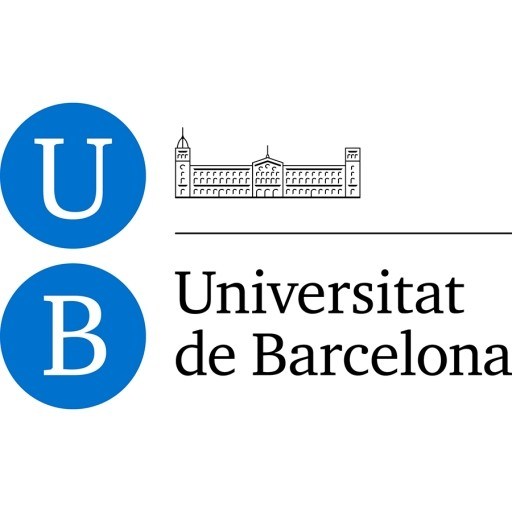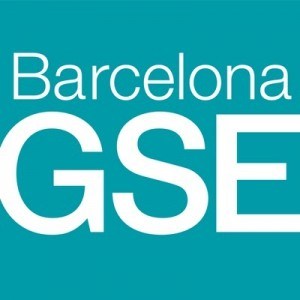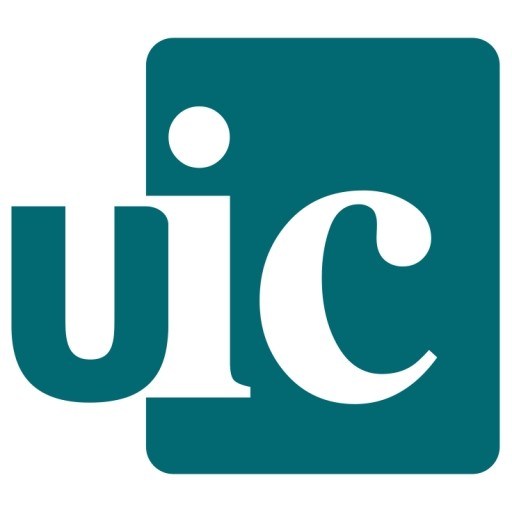Photos of university / #unibarcelona
Bachelor's Degree in Analytic Philosophy at the University of Barcelona
The Bachelor's Degree in Analytic Philosophy offered by the University of Barcelona provides students with a comprehensive introduction to one of the most influential movements in contemporary philosophical thought. This program is designed to equip students with a solid foundation in the core principles, methods, and debates that define analytic philosophy, emphasizing clarity, logical analysis, and rigorous argumentation. Throughout the course of study, students explore a wide range of philosophical topics, including philosophy of language, philosophy of mind, epistemology, metaphysics, ethics, and logic, all through the lens of analytic traditions. The curriculum is structured to foster critical thinking and analytical skills, enabling students to evaluate complex philosophical concepts and arguments effectively.
Students will engage with the works of leading figures such as Bertrand Russell, Ludwig Wittgenstein, Gottlob Frege, and their successors, gaining insight into how analytic philosophy has shaped modern discussions in philosophy and other disciplines. The program combines theoretical coursework with practical training in philosophical analysis, encouraging students to develop their own philosophical questions and arguments. Additionally, interdisciplinary approaches are integrated into the curriculum, allowing students to appreciate the connections between philosophy, linguistics, computer science, and cognitive sciences.
The program emphasizes a collaborative learning environment facilitated by seminars, workshops, and dissertation projects, fostering dialogue, debate, and the development of individual research interests. Graduates of this program will be well-prepared for advanced studies in philosophy, as well as careers in academia, research, writing, and other fields requiring critical and analytical skills. The Universidad de Barcelona's rich academic resources, distinguished faculty, and vibrant intellectual community provide an ideal setting for students eager to delve deep into the principles of analytic philosophy and contribute to ongoing philosophical discussions.
To get the degree Master in Analytic Philosophy students need to earn a total of 60 master credits (ECTS) in the following master courses:
- 15 credits of general mandatory courses: Metaethics, Models of Justice and Human Rights and Research Methods in Analytic Philosophy
- 10 credits correspond to the Research Paper (mandatory)
- 15 credits specific to the chosen itinerary, i.e. either Practical Philosophy or Theoretical Philosophy. These consist of: 5 credits from the Research Seminar and 10 credits from Module 5 or Module 7, as the case may be.
- 20 credits chosen from courses optional courses on offer
The 20 optional credits can be freely chosen from the courses in Module 3. But students can also ask for permission to take one of the mandatory courses of the other itinerary as an optional course.
Students who do not have a philosophy degree will normally be asked to acquire the necessary background knowledge and skills before being admitted to the master. We offer 30 credits that afford such a background (but these are offered in Spanish or Catalan only).
Module 1, Practical Philosophy (mandatory for both itineraries)
- Metaethics
- Models of Justice and Human Rights
- Research Methods in Analytic Philosophy
Module 2, Research Paper (mandatory)
- Research paper
Module 3, Issues of Contemporary Theoretical and Practical Philosophy (optional courses)
- Distributive Justice Today
- Foundation of Philosophy of Science
- Philosophical Logic
- Topics in Epistemology
- Topics in Ontology
- Topics in Semantics and Pragmatics
Module 4, Research Seminar in Theoretical Philosophy (mandatory for theoretical itinerary)
- Debates in Contemporary Theoretical Philosophy
Module 5, Language and Mind (mandatory for theoretical itinerary)
- Philosophy and Cognitive Sciences
- The Nature of Language
Module 6, Research Seminar in Practical Philosophy (mandatory for practical itinerary)
- Modern Political Philosophy
Module 7, Theories of Rationality (mandatory for practical itinerary)
- Philosophy of Action
- Topics in Philosophy of Mind
Background courses
- Introduction to Logic
- Philosophy of Language and Mind
- Philosophy of Language I
- Philosophy of Language II
- Philosophy of Science
Requirements
- An official Spanish degree.
- A degree issued by a higher education institution within the European Higher Education Area framework that authorizes the holder to access university master's degree courses in the country of issue.
- A qualification from outside the framework of the European Higher Education Area. In this case, the qualification should be recognized as equivalent to an official Spanish degree. If it is not recognized, the University of Barcelona shall verify that it corresponds to a level of education that is equivalent to official Spanish degrees and that it authorizes the holder to access university master's degree courses in the country of issue. Admission shall not, in any case, imply that prior qualifications have been recognized as equivalent to a Spanish master's degree and does not confer recognition for any purposes other than that of admission to the master's degree course.
- Candidates should have a bachelor's degree or equivalent undergraduate degree in humanities, psychology, linguistics, philology, translation and interpreting, journalism, mathematics, physics, biology, or a related discipline.
- Commitment to conduct a significant piece of research, expressed in a statement indicating the applicant's interests and how these interests are related to the course content.
- Two letters of reference, for candidates with degrees from universities not participating in the programme.
- A sample of the candidate's work (between 2000 and 4000 words in length).
- Level of English equivalent to B2 in the Common European Framework of Reference for Languages, 7.00 on the IELTS exam, or 600 (paper-based), 250 (computer-based) or 100 (internet-based) on the TOEFL exam.
Scholarships
- General grant
- Mobility grant – Erasmus
- UB collaboration grant
- Departmental collaboration grant (MECD)
- MAEC-AECID grants
- Financial aid for participation in international mobility programs
- UB grants for exchanges with foreign universities
- UB grants for Els Juliols summer courses
- Drac Program grants
- Ajuts de matrícula per als estudiants amb circumstàncies personals sobrevingudes
The Bachelor's Degree in Analytic Philosophy at the University of Barcelona offers students a comprehensive introduction to the fundamental concepts and methods of contemporary philosophy, focusing specifically on analytic traditions. The program is designed to develop students’ abilities to analyze precise philosophical problems, engage with complex logical and linguistic tools, and critically assess contemporary debates across various areas within philosophy, including epistemology, metaphysics, philosophy of language, and philosophy of mind. The curriculum combines core courses in philosophical logic, language analysis, and argumentation with specialized topics in moral philosophy, science philosophy, and the philosophy of mind, providing a well-rounded education in analytic philosophy. Students are encouraged to develop rigorous analytical skills, learn to formulate clear philosophical questions, and draft persuasive arguments supported by logical reasoning. The program emphasizes the importance of clarity, precision, and argumentative rigor, which are hallmarks of the analytic tradition. Students also gain familiarity with the history of analytic philosophy, exploring contributions by key figures such as Bertrand Russell, Ludwig Wittgenstein, and contemporary thinkers. Throughout their studies, students participate in seminars, workshops, and research projects aimed at fostering independent inquiry and critical thinking. The program prepares graduates for advanced studies in philosophy or related fields, as well as careers in research, teaching, and sectors requiring analytical skills and logical reasoning. The faculty members are distinguished scholars in logic, philosophy of language, and related disciplines, ensuring high-quality instruction and guidance. The university offers access to extensive philosophical libraries, online resources, and participation in academic conferences, enriching students’ academic experience. Overall, the program aims to produce graduates who are proficient in analytical methods, capable of engaging with complex philosophical issues, and prepared to contribute meaningfully to scholarly debates or professional environments that value logical and critical skills.





